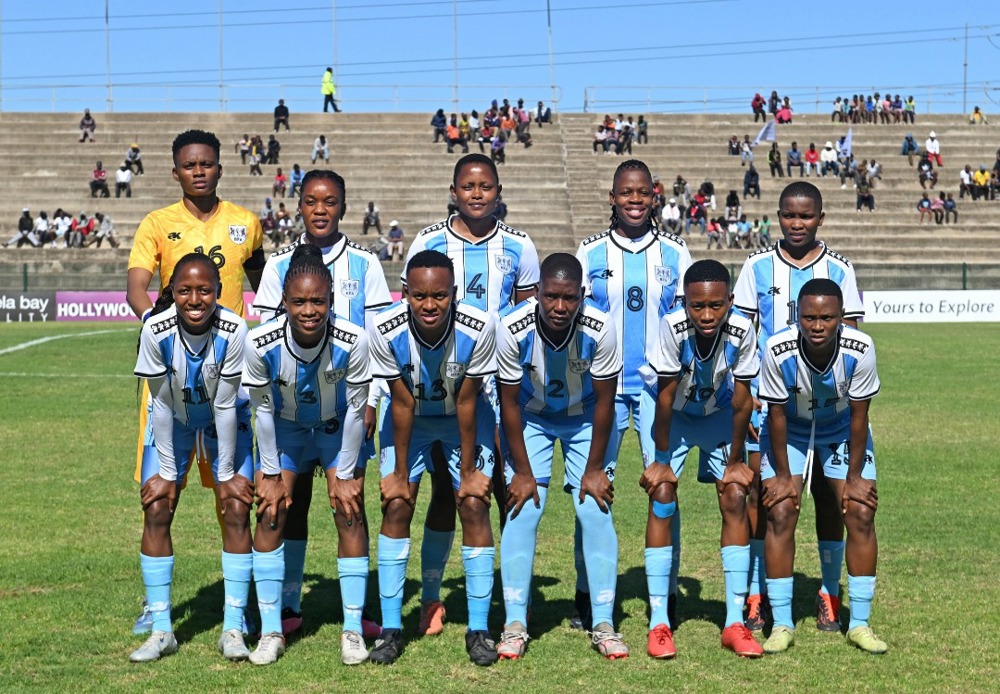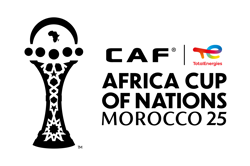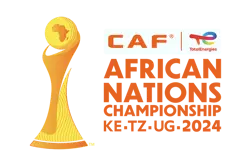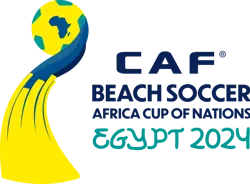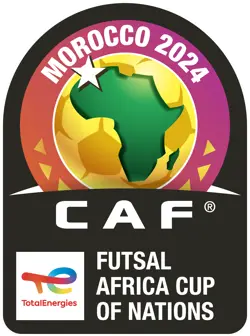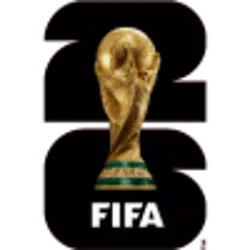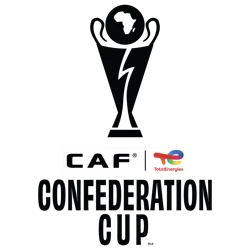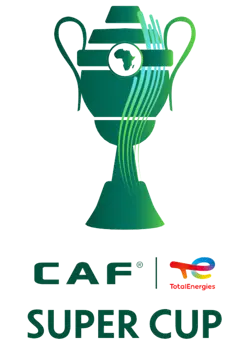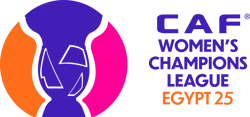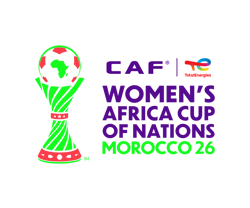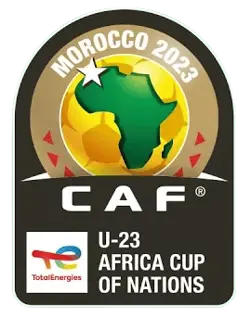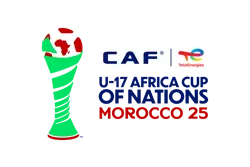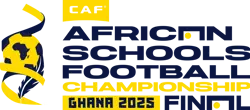Alex Malete (Botswana): “Our minimum target is the quarterfinals”
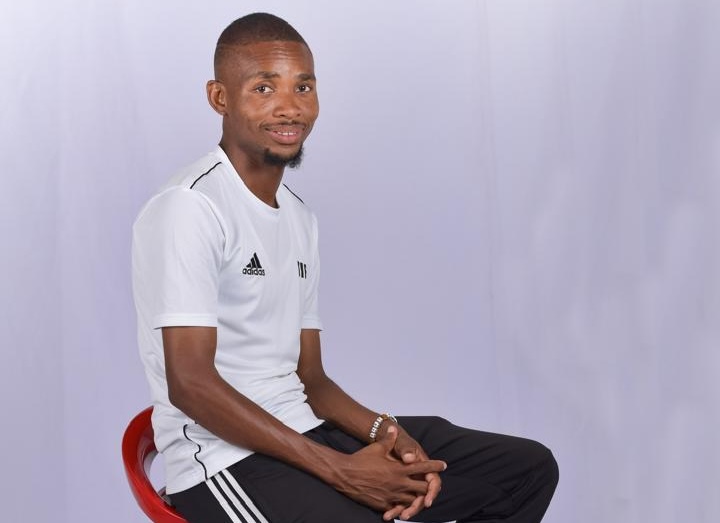
- A former radio analyst, trained teacher and FIFA instructor, Alex Malete wants to make Botswana a serious contender
- Appointed head coach in 2023 after years as an assistant, he’s brought a new level of discipline to the Mares’ preparations
- Botswana will face Nigeria, Algeria and Tunisia in Group B of the TotalEnergies CAF Women’s Africa Cup of Nations 2024
He no longer wants Botswana to be seen as mere participants. At just 35 years old, Alex Basimanebotlhe Malete is determined to shake up the hierarchy of African women’s football. He’s not just dreaming he’s planning. He’s not there to take part he’s there to compete, to be seen, to break through barriers.
Promoted to head coach of the Mares in 2023 after several years behind the scenes as assistant coach, Malete wasted no time in making his presence felt. Gone are the days of half-hearted preparations and excuses around lack of experience. Under his leadership, everyday matters, every session is carefully planned, every friendly is treated as a proper test. “Not reaching the quarterfinals would be unacceptable,” he states clear-eyed but ambitious.
And it’s not just talk. Despite his youth, Malete speaks from experience. He knows this team inside out, having been part of it for years. He started off as “just” the assistant. Now, he’s the one in charge. And his unconventional background is his greatest asset: a former radio analyst who turned his attention to the pitch, a qualified teacher and a passionate FIFA instructor focused on youth development he represents a new wave of African coaches.
With a clear approach, a youth-focused strategy and a bold message, he’s determined to do better than in 2022, when Botswana surprised many by reaching the quarterfinals before falling to Morocco (2-1). But this time, the element of surprise is gone. Malete is open about his goal: he wants to make his team one of the continent’s powerhouses.
As the TotalEnergies CAF Women’s Africa Cup of Nations 2024 approaches, the team enters a critical phase of preparation. Under Alex Malete, Botswana moves forward with method and ambition no longer just to participate, but to make an impact.
CAFOnline.com: How would you assess your team’s preparation for this TotalEnergies CAF WAFCON?
Alex Malete: I’d say we’re in the final stages of our preparation. We’re starting our camp today, and we’re waiting for all the players to join us. The good news is that one of our players, who was out for the whole of last year due to injury, is finally back. That’s a big plus for us.
Starting today, we’ll focus on our next two matches against South Africa and Zambia. These two international friendlies will help us assess our current level. In terms of fitness, we know most of our players are not yet where they should be.
In 2022, during your first appearance, Botswana reached the quarterfinals. What lessons have you taken from that experience?
We learnt a great deal. It was a first for everyone the players, the technical staff, the federation. One key lesson was around how we handled conceding goals, and especially the mental preparation of the players, particularly when facing teams like Nigeria. You could sense even before kick-off that mentally, we weren’t ready for them.
Since then, we’ve grown. I believe we’re better equipped now to compete without being overawed by the occasion. We’ve faced high-level teams. In the upcoming FIFA window, we’ll play Zambia and South Africa. In the past, we’ve played Tunisia (who are in our group), Mali, Morocco, and even Russia. These matches have helped us progress, both in terms of our game and our results.
There’s another key difference: during our first campaign, we only did one fitness test before the tournament. This time, we’re doing two. We did the ALIA physical evaluation in January, and we’ll do another right before the competition to tailor the training for each player’s needs.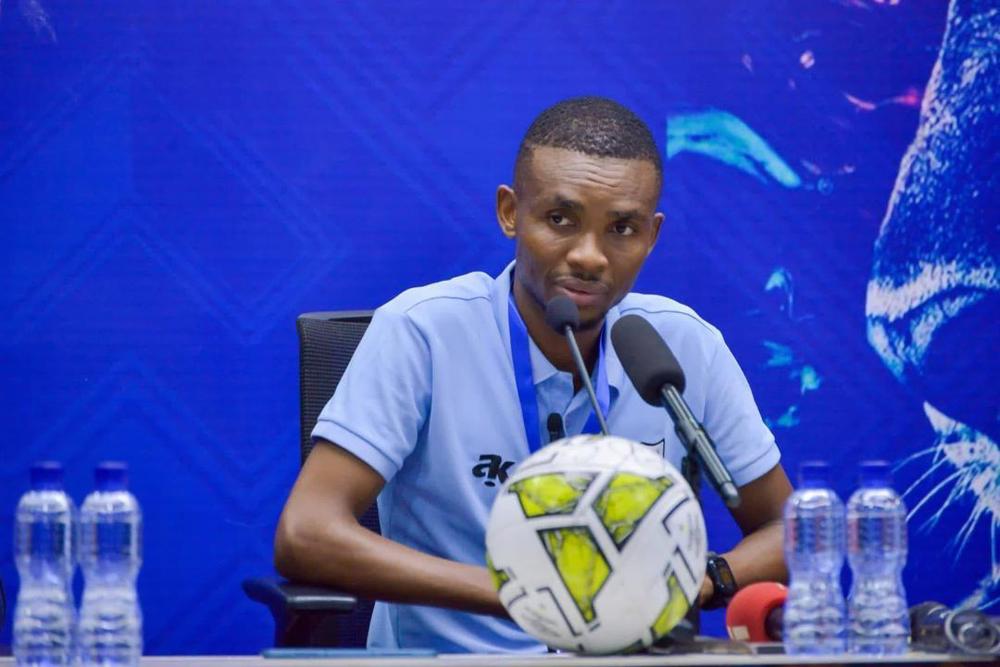
This time, Botswana is in Group B with Nigeria, Tunisia and Algeria. What’s your take on this group?
All the groups are tough in my opinion. There’s no easy group. If you look at Group A, it’s even more competitive because it includes the host nation. Group C has the defending champions. In Group B, like last time, we’ve got Nigeria again.
Nigeria’s playing style is very different from Algeria or Tunisia. The latter two are very tactical, whereas Nigeria combines physical power with tactical discipline. So, we’ve prepared to face both types of opponents. Now we need to find a way to qualify for the next round.
Let’s talk a bit about you. You were a journalist before becoming a coach. How has that past experience helped in your coaching career?
It’s helped a lot. I started out in radio as an analyst. Then I moved into print and TV, which gave me the chance to observe and analyse matches, systems, team dynamics... It gave me a broader perspective on football, beyond the emotion of the pitch.
As a journalist, you learn to ask the right questions and see things others might miss. That’s helped me develop a critical eye, which is valuable now in evaluating our performances, preparing for matches, and even managing the group. I believe that this unique journey is one of my strengths as a coach today.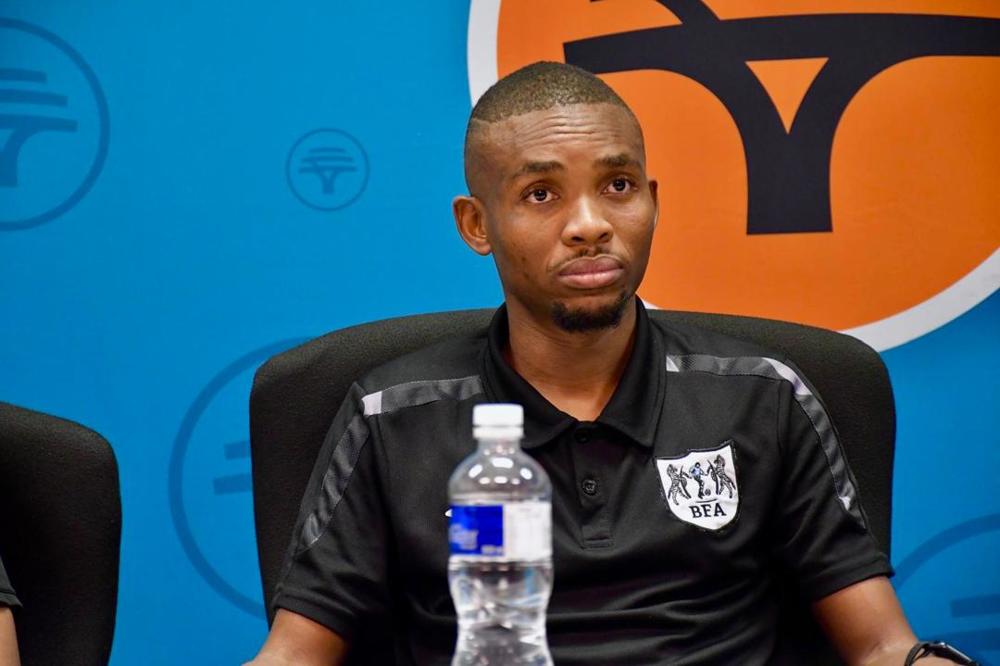
How do you work to build a bridge between youth categories and the senior national team?
We rely mainly on our youth national teams. Over the past year, we’ve integrated several players from the U20 squad. It’s harder with the U17s, because they still have their own camps and are mostly in school. Balancing school, junior competitions, and the senior team is tough for them.
But with the U20s, many are no longer studying, which makes things easier. As soon as we spot promising talent, we do everything we can to bring them into the senior team. Even if they don’t play much at first, they get to learn about the environment, the culture, and the expectations. It’s all part of preparing for the future.
In your view, what would constitute a successful TotalEnergies CAF WAFCON for Botswana?
A successful campaign would be reaching at least the quarterfinals. From there, we can start dreaming about the semi-finals. But honestly, not making it out of the group stage would be a failure for us. The goal is clear: to get to the quarters at minimum.
Happy birthday to UB Hawks Coach and Botswana Women Senior National team Coach Basimanebotlhe Alex Malete #KillerPass pic.twitter.com/QAfGPptBpY
— killerpass Botswana (@KillerpassBOTS) February 28, 2024
Do you think this tournament could be a steppingstone to more international recognition for your players?
Absolutely I truly believe that. The difference between us and countries like South Africa is that most of their players are in professional leagues. Why? Because they regularly play in CAF competitions, FIFA tournaments and the Olympics.
For us, this second WAFCON appearance is a golden opportunity. It puts our players on the radar of scouts and professional clubs. The more girls we have playing professionally, the stronger our national team becomes. This tournament offers real exposure. If we do well, as we hope to, it could open many doors for our players.
Final question, coach. What message would you give to a young African girl who dreams of becoming a footballer?
My message is simple: your dreams are valid. A young African girl can make it in football. The examples are there: Barbara Banda is shining at the highest level. The Chawinga sisters from Malawi are playing in top leagues. Across North and West Africa, many others are succeeding too.
And to parents and society at large, I’d say: let’s change the perception that football is only for men. Football is for everyone.